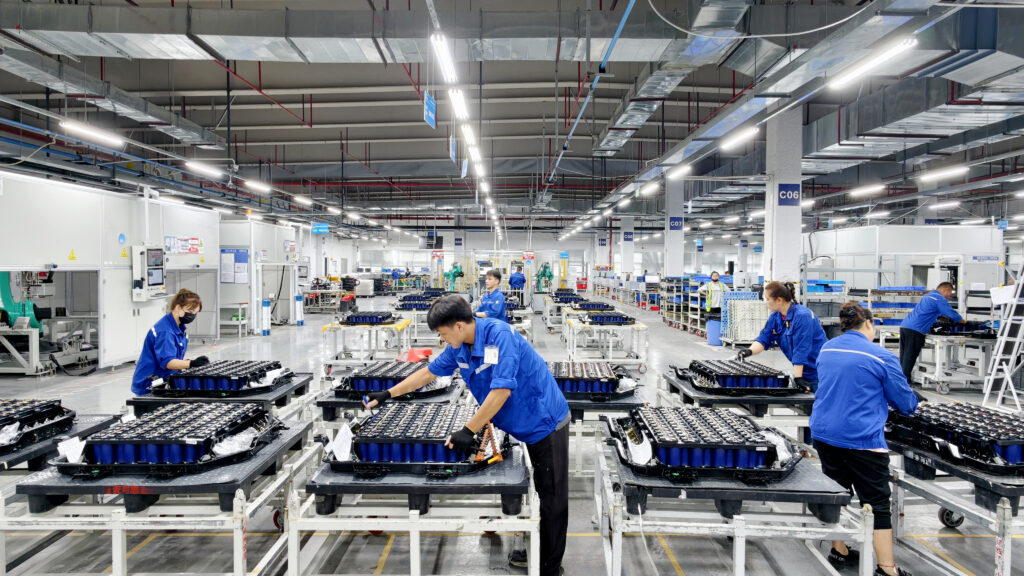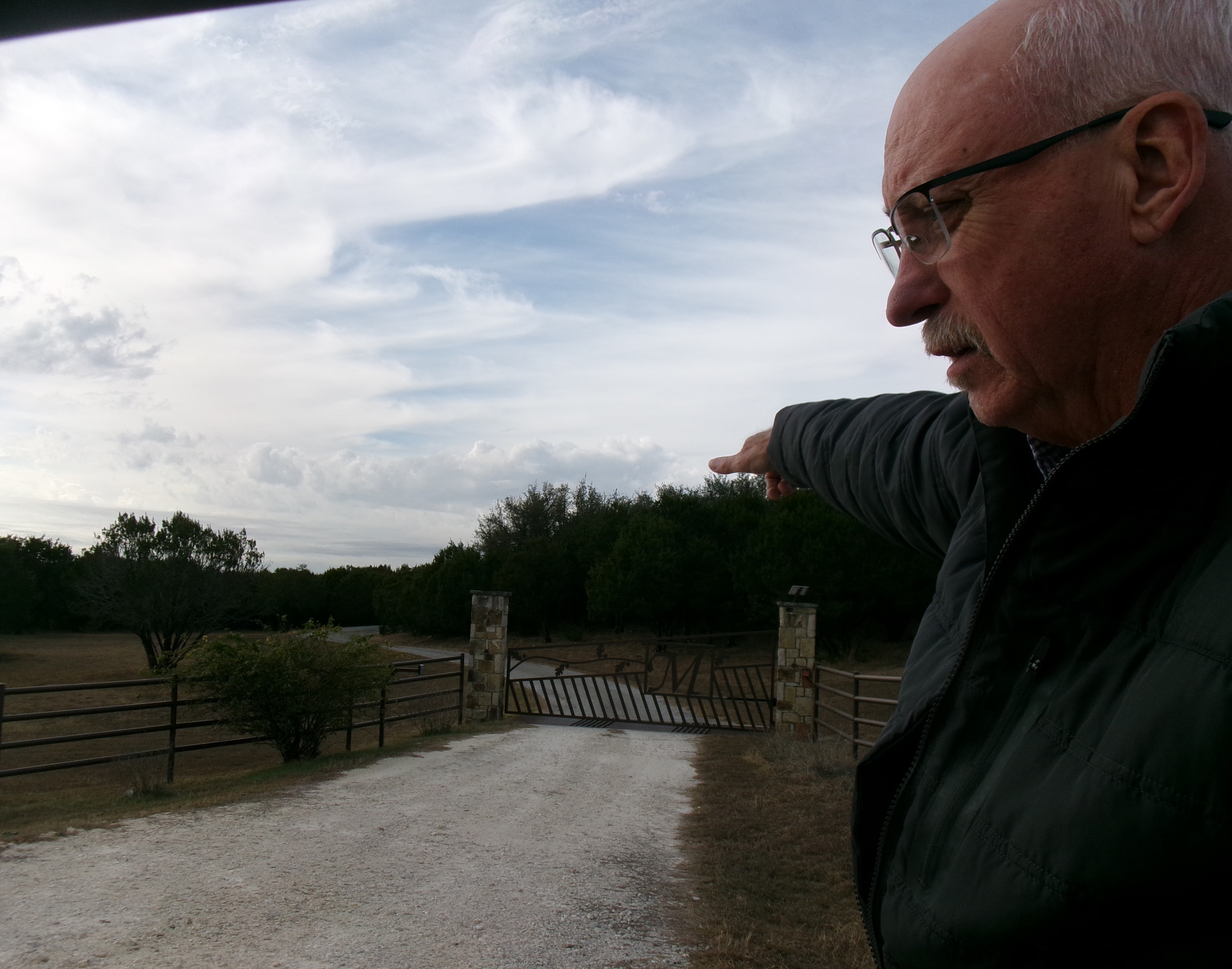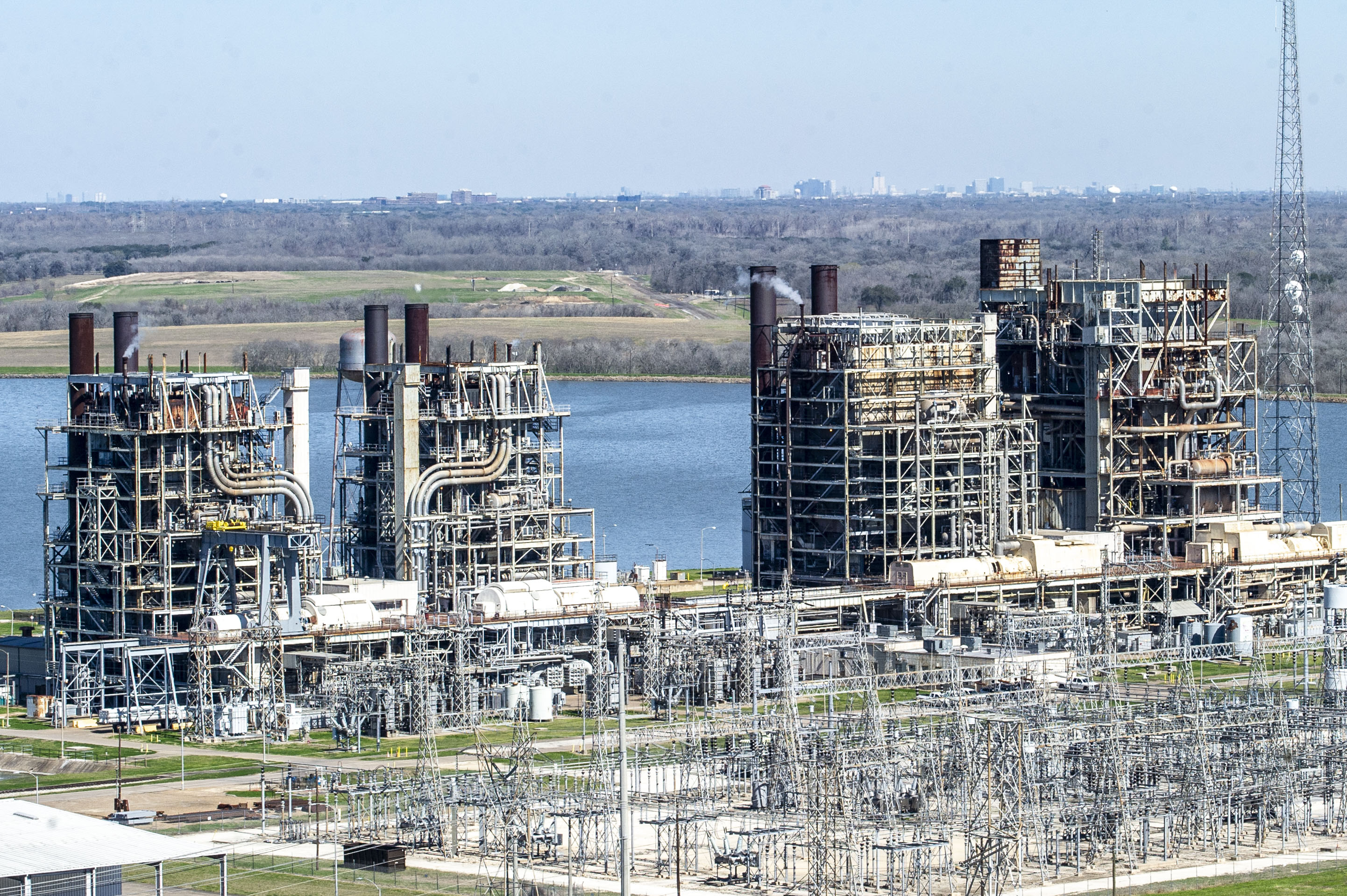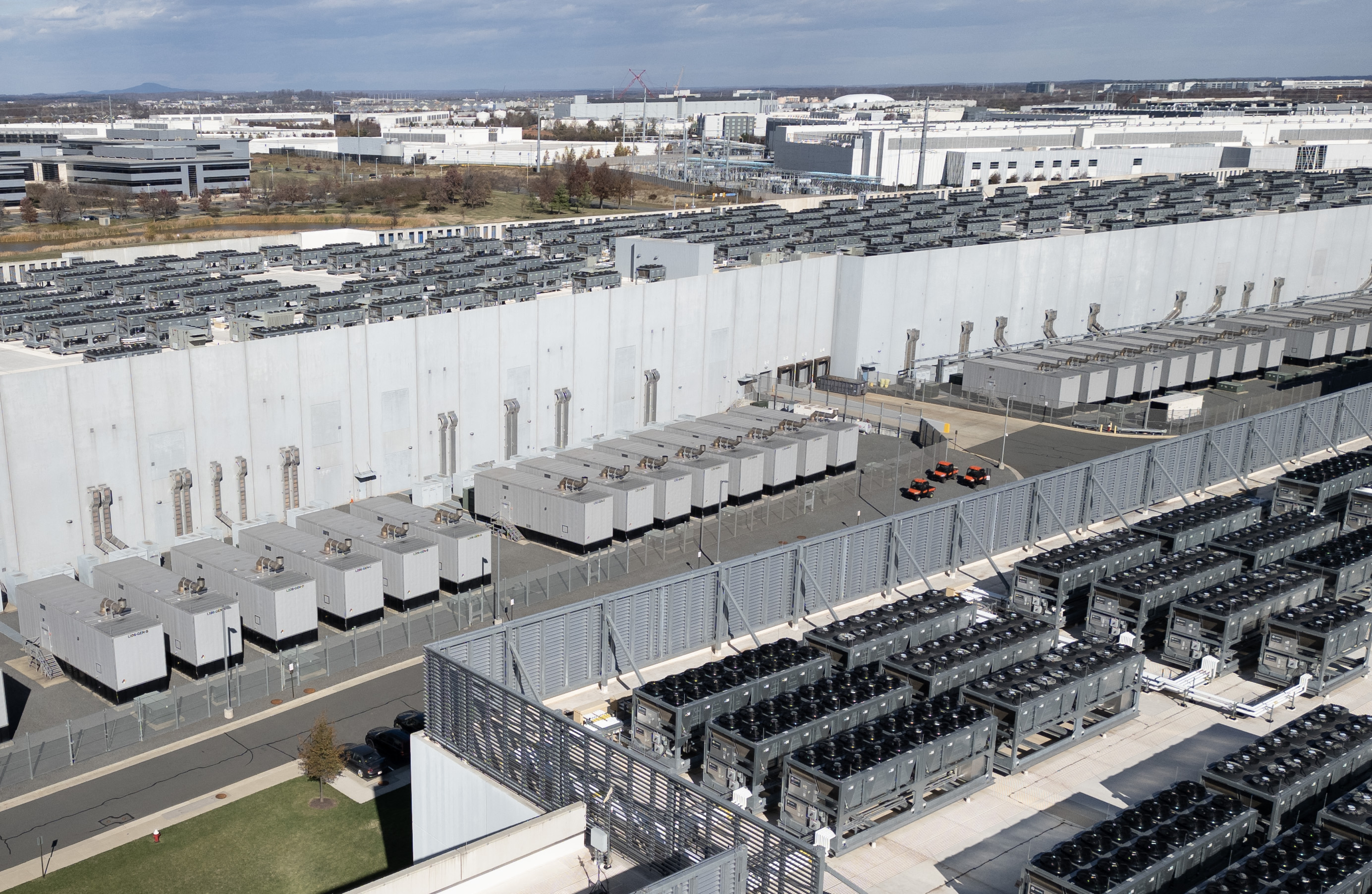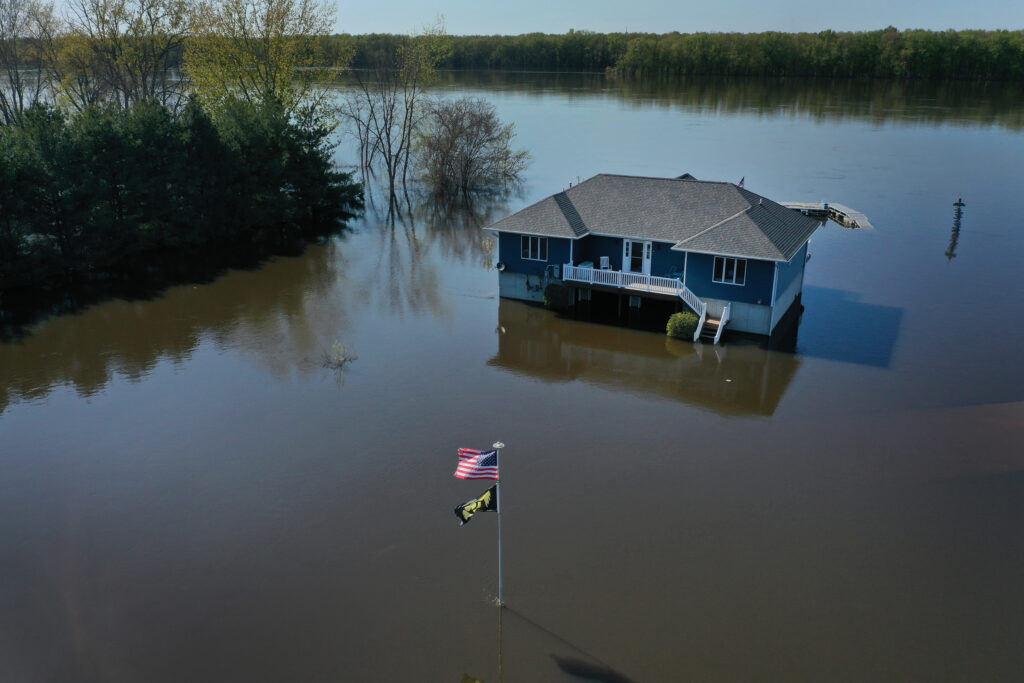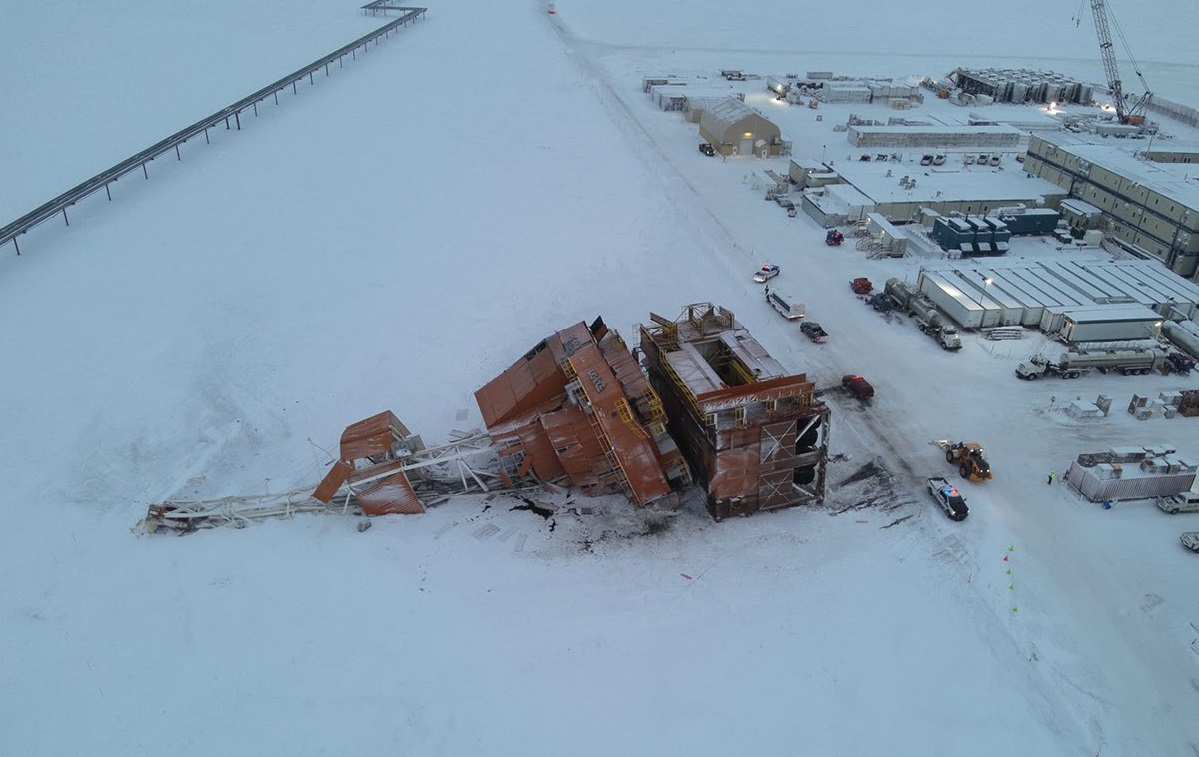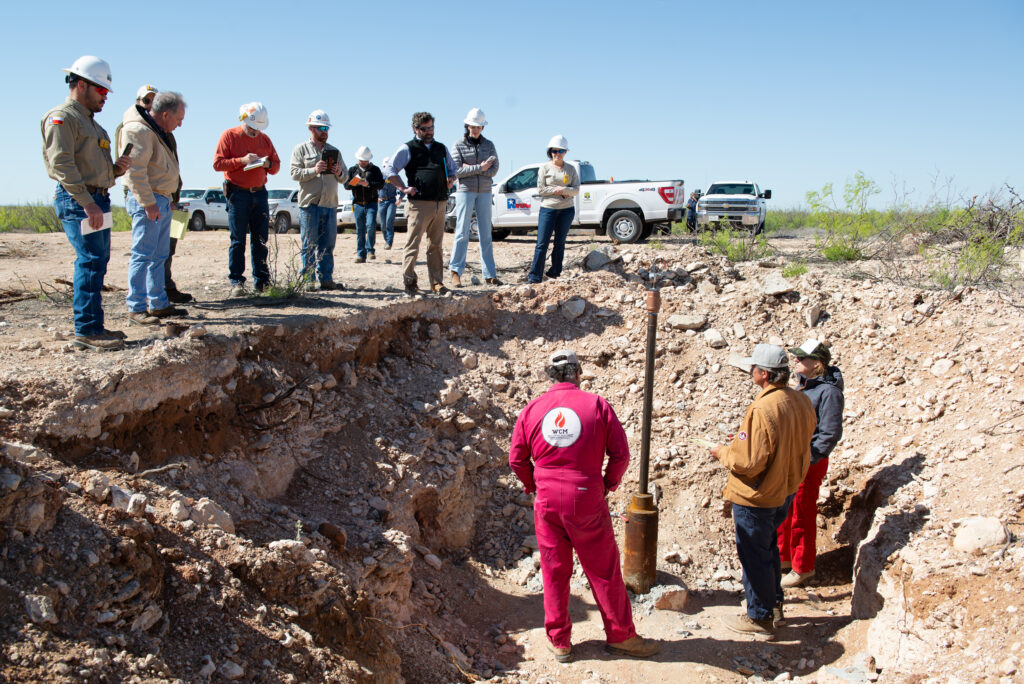HARRISBURG, Pa.—Opponents of the planned restart of a nuclear reactor at Pennsylvania’s Three Mile Island plant vowed on Friday to press their case with federal and state regulators as nuclear industry leaders argued that the plant’s renewed output will help to safely meet much higher future demand for electricity.
On the 46th anniversary of the notorious partial meltdown of the plant’s Unit 2 on March 28, 1979, advocates for the continued closure of Unit 1 gathered at Pennsylvania’s state Capitol to assert that the proposed reopening of that part of the nuclear complex would represent a renewed threat to public health.
“The safest way to mitigate any radiation hazard is to eliminate the source,” said Gene Stilp, a former congressional candidate and Pennsylvania activist who led the protest. “In the present case, that means no restart of TMI Unit 1 is the safest course for you and your family and your friends.”
We’re hiring!
Please take a look at the new openings in our newsroom.
See jobs
The reactor was closed for economic reasons in 2019 by its owner, Constellation Energy, but is now due to resume generating in 2028 after the company agreed last year with the technology giant Microsoft to supply it exclusively with electricity to run some of its data centers for 20 years.
The Microsoft contract is the largest power purchase agreement that Constellation has ever signed. The plant, on an island in the Susquehanna River about 10 miles southeast of Harrisburg, will be renamed the Crane Clean Energy Center, after a former Constellation executive. Constellation plans to generate 835 megawatts, which would be enough to power around 750,000 homes.
The move is one example of a burgeoning resurgence in nuclear power to help meet a predicted sharp increase in national demand resulting from a surge in artificial intelligence data centers such as those planned by Microsoft, as well as the growing electrification of transportation, buildings and industry.
“The reason Microsoft is doing this is that the projected energy demand of the tech industry at the moment far exceeds what they can hope to get out of the existing grid systems,” said James Walker, chief executive of Nano Nuclear Energy, which makes small nuclear reactors for individual clients. “There’s a bit of a panic at the moment. The tech industry is essentially boxed into a corner where it has to invest heavily in nuclear. The Three Mile Island acquisition is Microsoft trying to get access to licensed sites.”
Walker said the increased demand plus the search for a carbon-free source of power to curb greenhouse gas emissions are driving an increased interest in nuclear fuel. He said that should outweigh lingering concerns about the dangers of nuclear waste, which he argued are vastly overestimated by opponents of the Three Mile Island restart.
“Nuclear began as a weapon, and that was an incredibly scary thing,” he said. “That ingrained fear has carried over to muddy the waters of the reality of nuclear, and it’s very difficult to combat that. A nuclear reactor and a nuclear weapon are like chalk and cheese.”
Constellation said nuclear energy will help to meet growing national demand. “Winning the AI race is an economic and national security imperative, and technology companies know that clean, always-on nuclear energy is the key to unlocking its potential,” the company said in a statement. “By pairing nuclear and AI, we can launch a nuclear resurgence and strengthen America’s energy dominance with reliable energy that will power the next generation of economic growth.”
Restarting any part of Three Mile Island would always run into public opposition because of its history as the site of America’s worst nuclear accident, said Patrick White, research director of the Nuclear Innovation Alliance, a research group that advocates for nuclear power as a climate solution. He argued that the incident created an unjustified public fear of nuclear power that operators such as Constellation now recognize they need to overcome.
“There’s a general understanding now with utilities that community support is critical with any energy project,” White said. “It’s how you can build trust between an operator and a community.”
But Diane D’Arrigo, Radioactive Waste Project director of the Nuclear Information and Resource Service, a Maryland-based nonprofit that opposes nuclear power, said the prospect of additional nuclear waste from the restarted plant will create a new public hazard, and should be a reason to stop the project.
“The fact that the waste stays radioactive literally into the millions of years means the best management plan is to stop making more,” D’Arrigo said in an interview. Officials should do whatever they can to isolate the nuclear waste that’s already generated, she said.
Paula Kinney, a former resident of Middletown, a Pennsylvania town nearest to Three Mile Island, said she was among thousands of people who tried to leave their homes during the meltdown of Unit 2, and said the exodus was marred by lines at gas pumps, jammed phone lines and conflicting information from official sources.
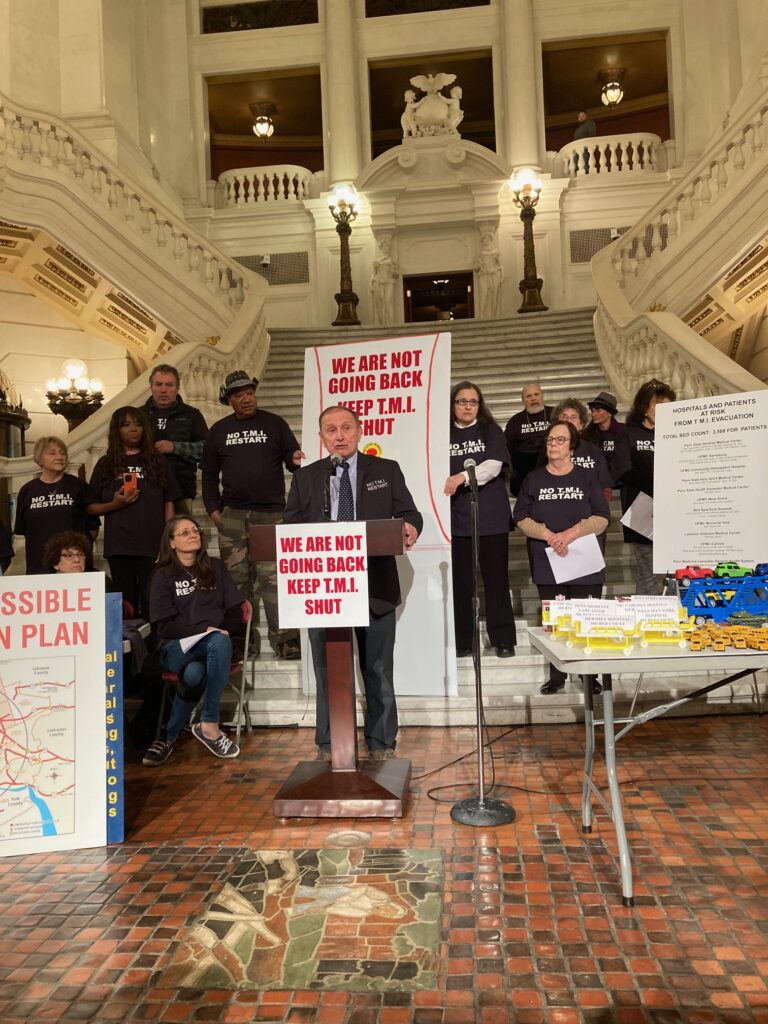
“Unless you lived the nightmare of the first ‘evacuation,’ who would know there is no such thing as an evacuation for Three Mile Island,” said Kinney, one of about 20 protesters wearing black T-shirts saying “No TMI Restart” in the ornate rotunda of the Capitol.
State Rep. Tom Mehaffie, a Republican who was one of a small group of TMI restart supporters watching the protest, said the project has already created jobs during a current upgrade and will generate more employment when complete. He predicted that the work will make the restarted Unit 1 safer than Unit 2, which shut down after the 1979 meltdown and is now being decommissioned.
“Now we have the reopening of the Crane Clean Energy Center, and it’s a great thing because not only are we bringing back the 600-plus jobs at Constellation, but there’s going to be thousands of ancillary jobs that are being created,” Mehaffie told reporters. “We have a failing grid, and we need to produce power in Pennsylvania.”
He brushed off repeated accusations by Stilp during the protest that supporters of the restart were “enemies.” Mehaffie said: “No one’s an enemy here; everybody can advocate for what they believe in.”
Support for the restart also came from Joe Gusler, apprentice outreach coordinator for Pennsylvania Building & Construction Trades Council, an umbrella organization for multiple unions. “We feel very safe about a restart of TMI Unit 1, and we think it would be a great boon not only for the local community, but for the life of this contract,” he said.
But opponents pledged to continue their campaign with litigation before the U.S. Nuclear Regulatory Commission, the Pennsylvania Department of Environmental Protection and the Susquehanna River Basin Commission, each of which must issue permits for the restart.
Eric Epstein, a protester with the group Three Mile Island Alert, said Constellation doesn’t have access to enough water to cool the restarted reactor, and will have to create new waste-storage facilities to add to what he said was a “toxic stew” of nuclear waste that’s already on the site.
“This tonnage will double or triple based on the outcome of relicensing,” Epstein said.
About This Story
Perhaps you noticed: This story, like all the news we publish, is free to read. That’s because Inside Climate News is a 501c3 nonprofit organization. We do not charge a subscription fee, lock our news behind a paywall, or clutter our website with ads. We make our news on climate and the environment freely available to you and anyone who wants it.
That’s not all. We also share our news for free with scores of other media organizations around the country. Many of them can’t afford to do environmental journalism of their own. We’ve built bureaus from coast to coast to report local stories, collaborate with local newsrooms and co-publish articles so that this vital work is shared as widely as possible.
Two of us launched ICN in 2007. Six years later we earned a Pulitzer Prize for National Reporting, and now we run the oldest and largest dedicated climate newsroom in the nation. We tell the story in all its complexity. We hold polluters accountable. We expose environmental injustice. We debunk misinformation. We scrutinize solutions and inspire action.
Donations from readers like you fund every aspect of what we do. If you don’t already, will you support our ongoing work, our reporting on the biggest crisis facing our planet, and help us reach even more readers in more places?
Please take a moment to make a tax-deductible donation. Every one of them makes a difference.
Thank you,



